
OR
Researchers call for sustainable water resources development
Published On: March 15, 2019 03:30 AM NPT By: Ram Saran Tamang
KATHMANDU, March 15: In western Nepal where development is elusive, the abundant availability of water resources is considered as the pathway to its economic prosperity. But in the course of harnessing the water resources, researchers have urged stakeholders to find balance in economic growth, social justice and resilient ecosystem for the sustainable management and long-term health of these rivers.
The region's Karnali and Mahakali river basins alone account for 28 percent of water resources in Nepal. With dozens of hydropower projects at various stages of development, researchers said understanding water availability across location and time of interest is crucial to understand the different risks to water and environmental security, design policies and programs and devise strategies for better allocation, utilization and management of freshwater resources.
With the same objective, researchers for USAID-funded Digo Jal Bikash Project have developed new tools, models, approaches and guidelines to support decision-making in integrated water management amid impacts of climate change, focusing on Karnali, Mahakali and Mohana river basins.“Our detailed study on climate change projection in the western Nepal shows clear indication that temperature will rise. Sporadic rains and prolonged monsoon are projected due to climate change,” said Dr Luna Bharati, principal researcher at International Water Management Institute (IMWI), one of the implementing partners of the project.
A recent research paper, which she co-authored with other scientists, warns of a high likelihood of stronger monsoons, which will increase impacts and risks for monsoon-related disasters. Stating that such impacts affect the region's distribution of water and makes the future uncertain, Dr Bharati urged that we should plan for the uncertainty. However, hydropower and irrigation projects are being designed without considering the impacts of future climate change, states the study titled 'From the Mountains to the Plains: Impact of Climate Change on Water Resources in the Koshi River Basin'.It has demonstrated use of various tools, including hydrological models, climate future matrices, environmental flows calculator and hydro-economic model that decision-makers can utilize to make informed decision while working on water resources development in Western Nepal and safeguarding against future climate change impacts in the Koshi Basin.
The project, which was implemented from April 2016 to March 2019, has called for improving water management locally through inclusive and integrated approaches that address socio-agro-ecological diversity.It has recommended four behavioral changes for a sustainable future – promotion of high-value crops to increase productivity, climate-smart technology for water-use efficiency, sharing of communal resource to strengthen networks and strengthening linkage between communities and local institutions.
Several policymakers expressed their support. Yogendra Shahi, a member of the Planning Commission of Karnali Province, said the region is already experiencing the impact of climate change and called for harnessing potential for water resources with sustainability on mind.
Secretary Mahadev Belbase of Ministry for Energy, Water Resources and Irrigation said each location requires different technique and technology for sustainable management of water including in irrigation as there is no technology that fits all.“But we have not been able to select the right tool suitable for the particular place. Hopefully this project would be able to identify local technology that can fulfill local needs,” added the secretary.
You May Like This

Mysterious disease killing dogs in Norway
HELSINKI, Sept 8: Norwegian authorities haven’t been able to detect the cause behind an unexplained disease that is estimated to... Read More...

Mixed methods research workshop concludes
KATHMANDU, June 23: A two-day workshop 'Contemporary Concern on Mixed Methods Research', organized by Kathmandu University School of Education (KUSOED),... Read More...

Smugglers’ go-downs near customs office
SIRAHA, March 16: On March 10, a team from the District Police Office (DPO), Siraha, arrested a truck with an... Read More...

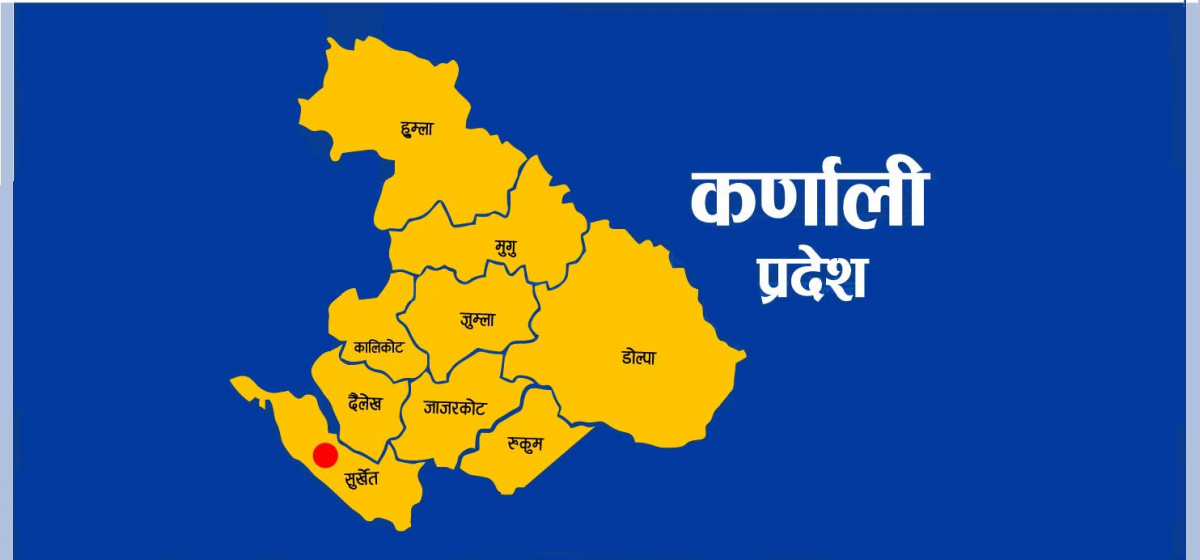

Just In
- Kathmandu witnesses surge of 2,000 new commercial bank branches in six years
- Crops and livestock special production zone scheme implemented in 10 districts of Karnali
- Rising food prices cause business slowdown
- Madhesh Province Assembly meeting postponed after Janamat’s obstruction
- Relatives of a patient who died at Karnali Provincial Hospital 6 days ago refuse body, demand action against doctor
- Khatiwada appointed as vice chairman of Gandaki Province Policy and Planning Commission
- China's economy grew 5.3% in first quarter, beating expectations
- Nepal-Bangladesh foreign office consultations taking place tomorrow



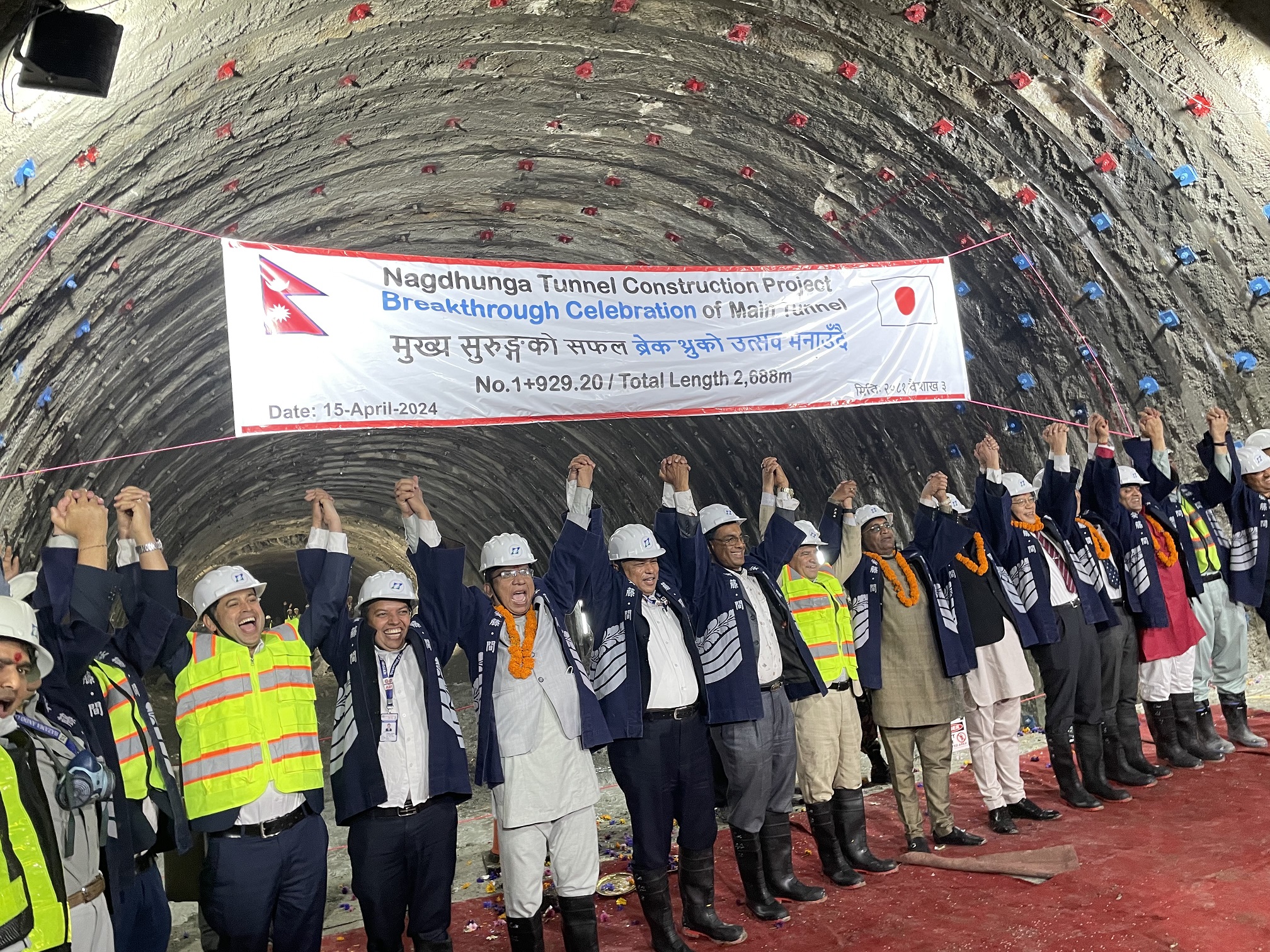



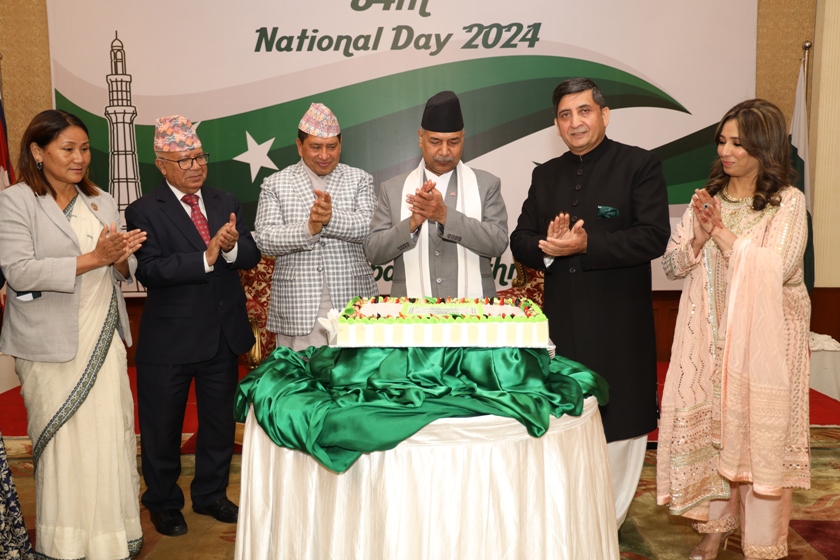

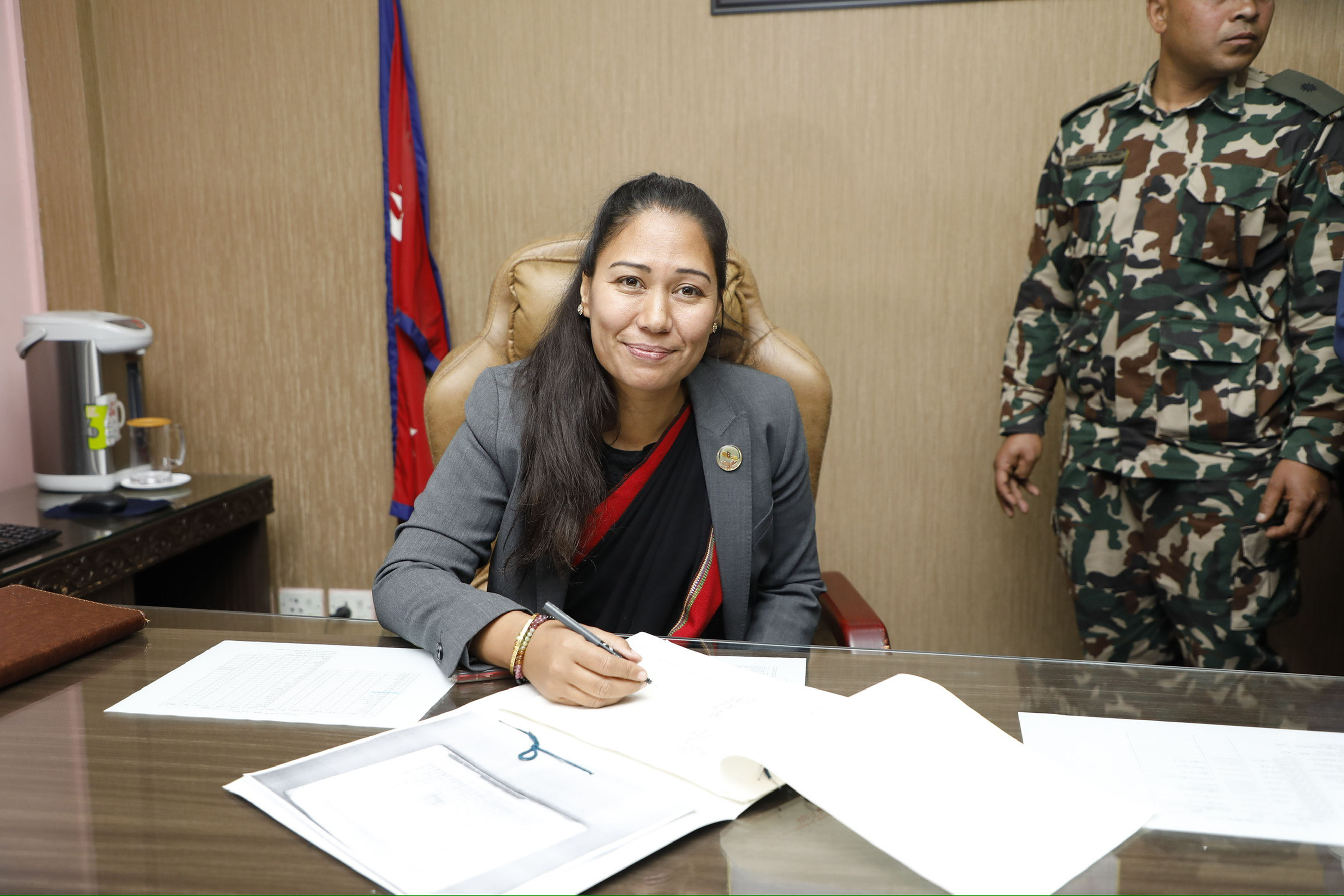

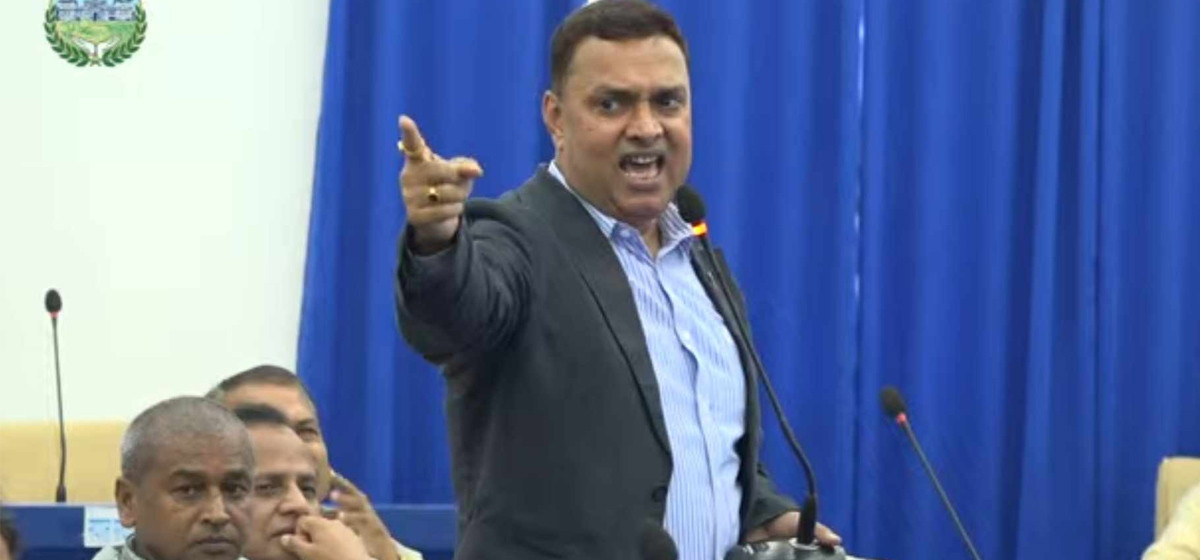
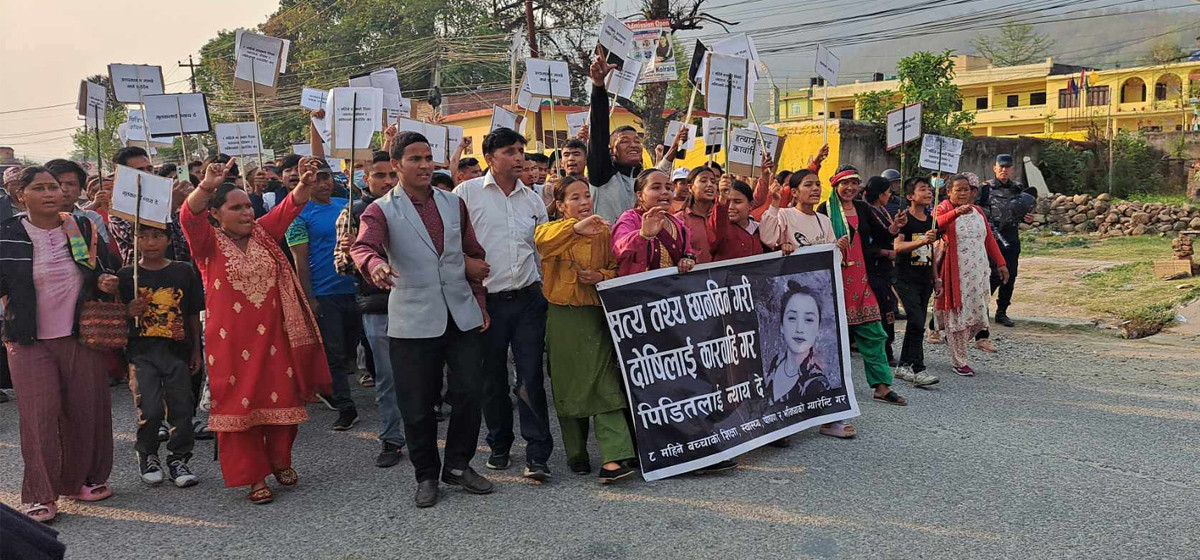
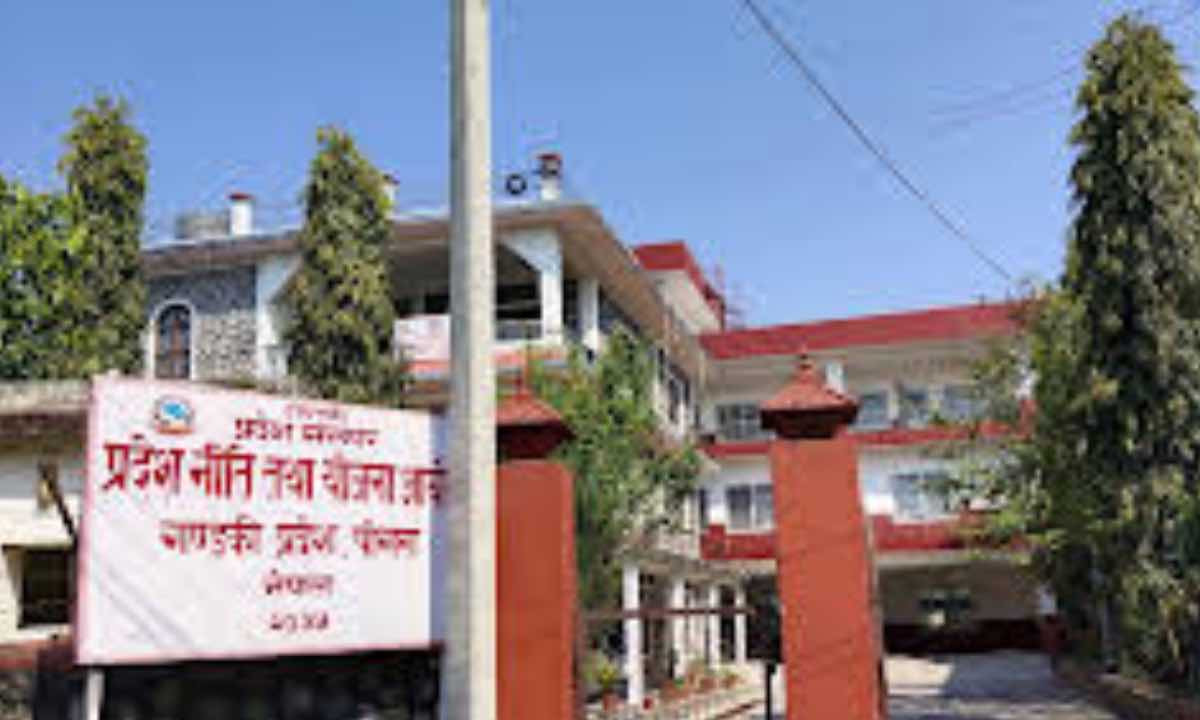
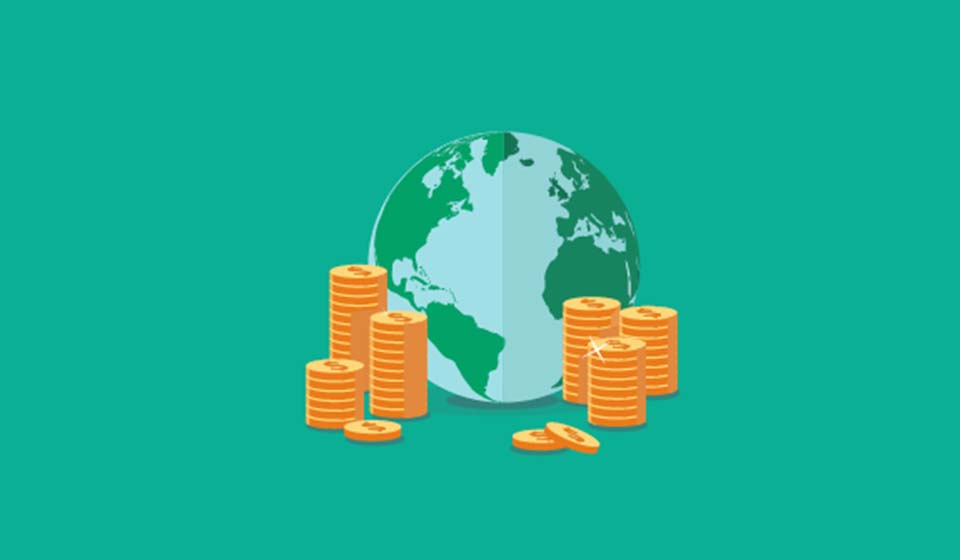

Leave A Comment